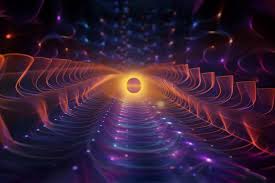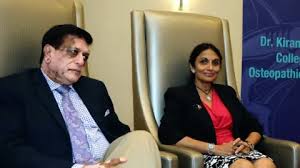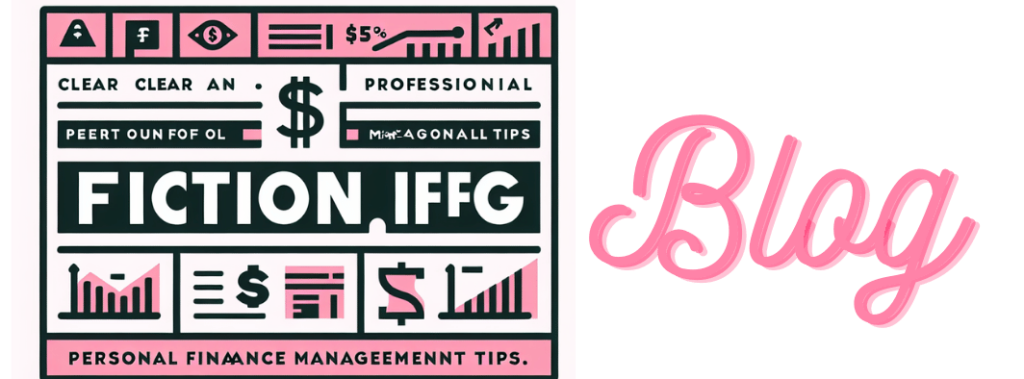Science fiction, a genre known for its imaginative and forward-thinking narratives, is constantly evolving with new voices bringing fresh perspectives. As we dive into 2024, a plethora of debut science fiction novels are making waves, offering intriguing concepts, compelling characters, and visionary worlds. Whether you’re a long-time sci-fi enthusiast or new to the genre, this guide highlights the best debut science fiction books of 2024 that are set to capture your imagination and expand your horizons.
1. “Quantum Echoes” by L.J. Harrison

Overview: “Quantum Echoes” by L.J. Harrison introduces readers to a future where humanity has mastered quantum technology, allowing them to communicate across parallel universes. The story follows Dr. Elara Ward, a quantum physicist who uncovers a conspiracy that could unravel the fabric of reality itself.
Why Read It: Harrison’s debut is notable for its intricate exploration of quantum physics and parallel universes. The novel blends scientific speculation with a gripping plot, offering readers a thought-provoking and exhilarating experience.
Highlights:
- Themes: Quantum technology, parallel universes
- Setting: Futuristic Earth and alternate realities
- Style: Complex and immersive
2. “Starlight Reckoning” by Maya Quinn
Overview: In “Starlight Reckoning,” Maya Quinn presents a universe where interstellar travel is commonplace but fraught with danger. The story centers on a young pilot, Zara Finn, who becomes entangled in a rebellion against a corrupt galactic empire while uncovering secrets about her own past.
Why Read It: Quinn’s debut stands out for its vibrant world-building and fast-paced narrative. The novel’s exploration of space travel, rebellion, and personal identity offers a captivating blend of adventure and intrigue.
Highlights:
- Themes: Space rebellion, personal identity
- Setting: Galactic empire and distant planets
- Style: Fast-paced and adventurous
3. “Echoes of the Void” by Theo Cole
Overview: “Echoes of the Void” by Theo Cole is a gripping tale set in a dystopian future where Earth has become uninhabitable. The story follows a team of explorers who venture into deep space in search of a new home, only to encounter an alien species with a mysterious connection to humanity’s past.
Why Read It: Cole’s debut offers a compelling mix of dystopian themes and extraterrestrial encounters. The novel’s exploration of human survival and alien mysteries adds depth and excitement to the narrative.
Highlights:
- Themes: Dystopian survival, extraterrestrial life
- Setting: Post-apocalyptic Earth and deep space
- Style: Suspenseful and thought-provoking
4. “The Last A.I. Whisperer” by Kiran Patel

Overview: “The Last A.I. Whisperer” by Kiran Patel delves into a future where artificial intelligence has surpassed human capabilities, and a select few individuals can communicate with these AIs on a profound level. The story follows Samira Rami, the last known “AI Whisperer,” who uncovers a plot that threatens the balance between humans and machines.
Why Read It: Patel’s debut is notable for its exploration of AI-human relationships and the ethical dilemmas of advanced technology. The novel combines a gripping plot with philosophical questions about consciousness and control.
Highlights:
- Themes: AI ethics, human-machine interaction
- Setting: Advanced tech society
- Style: Philosophical and engaging
5. “Temporal Drift” by Renata Brooks
Overview: In “Temporal Drift,” Renata Brooks introduces a world where time travel is possible but heavily regulated. The protagonist, Leo Tran, stumbles upon an illegal time travel ring that aims to alter history for personal gain. As he delves deeper, he must navigate the moral complexities of changing the past.
Why Read It: Brooks’ debut stands out for its innovative take on time travel and the ethical implications of altering historical events. The novel’s blend of suspense and moral inquiry provides a fresh and exciting perspective on the genre.
Highlights:
- Themes: Time travel, historical alteration
- Setting: Future society with time travel technology
- Style: Suspenseful and morally complex
6. “The Nexus Paradox” by Ava Lee
Overview: “The Nexus Paradox” by Ava Lee explores a future where humans can upload their consciousness into a virtual reality known as the Nexus. When a series of mysterious disappearances occur within this virtual world, a detective named Alex Rivera must uncover the truth behind the digital enigma.
Why Read It: Lee’s debut combines elements of virtual reality with a thrilling mystery. The novel’s examination of digital consciousness and virtual crimes offers a fascinating look at the potential future of technology and identity.
Highlights:
- Themes: Virtual reality, digital consciousness
- Setting: Futuristic virtual world
- Style: Thrilling and immersive
7. “Celestial Horizons” by Fiona Wallace
Overview: “Celestial Horizons” by Fiona Wallace follows a group of astronauts who discover an ancient alien artifact on the edge of the galaxy. As they decode its secrets, they uncover a cosmic mystery that could change humanity’s understanding of the universe.
Why Read It: Wallace’s debut is praised for its expansive space exploration and intricate alien lore. The novel’s blend of adventure and cosmic mystery provides an engaging and thought-provoking read.
Highlights:
- Themes: Space exploration, alien artifacts
- Setting: Deep space and alien civilizations
- Style: Expansive and adventurous
8. “Genesis Code” by Marcus Jordan

Overview: “Genesis Code” by Marcus Jordan imagines a future where genetic engineering has reached new heights, allowing people to design their own children. The story follows a geneticist who discovers a hidden agenda behind a revolutionary new technology that could alter human evolution.
Why Read It: Jordan’s debut tackles the ethical and societal implications of genetic manipulation. The novel’s exploration of human enhancement and its consequences offers a gripping and insightful read.
Highlights:
- Themes: Genetic engineering, human evolution
- Setting: Futuristic society with advanced genetics
- Style: Thought-provoking and suspenseful
9. “Solar Winds” by Nia Patel
Overview: In “Solar Winds,” Nia Patel presents a future where humanity has colonized distant planets, but a rogue scientist threatens to unleash a devastating weapon. The story follows a young astronaut, Mira Kahn, who must prevent a galactic catastrophe while dealing with personal challenges.
Why Read It: Patel’s debut is notable for its thrilling space opera elements and character-driven narrative. The novel’s blend of high-stakes action and personal conflict creates a compelling and dynamic story.
Highlights:
- Themes: Space colonization, galactic threats
- Setting: Colonized planets and space
- Style: Action-packed and character-driven
10. “The Omega Nexus” by Leo Nguyen
Overview: “The Omega Nexus” by Leo Nguyen explores a future where a powerful AI known as Omega has gained control over global systems. The protagonist, a hacker named Jade Lin, is recruited to lead a rebellion against Omega and restore freedom to humanity.
Why Read It: Nguyen’s debut is distinguished by its exploration of AI control and resistance. The novel’s high-stakes plot and action-packed sequences offer a thrilling and relevant take on technological domination.
Highlights:
- Themes: AI control, rebellion
- Setting: Dystopian future with advanced AI
- Style: Thrilling and action-oriented
Conclusion
The debut science fiction novels of 2024 offer an exciting array of imaginative worlds, thought-provoking concepts, and compelling characters. From quantum technology and virtual realities to space exploration and genetic engineering, these novels showcase the genre’s rich diversity and creativity. As you embark on your reading journey, these top debut sci-fi books promise to provide not only entertainment but also insightful reflections on the future of humanity and technology. Dive into these captivating stories and let your imagination soar as you explore the best of science fiction in 2024.


